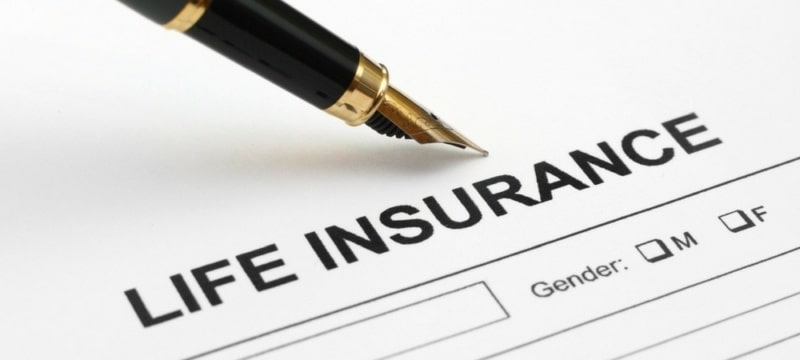Life insurance is one of those topics about which I often hear questions. Many people don’t quite understand why they need to pay for a life insurance policy—or they are afraid that they might eventually need to use one.
Most of us want to insure that our partner and/or children are taken care of financially should something happen to us, but there’s no need for fear. We purchase life insurance policies to help pay for our funerals and to provide money for supporting those left behind. But what happens when our children grow up and are financially independent, or when our spouse has enough savings and retirement to live comfortably? Do we need to maintain life insurance policies that don’t serve the purpose for which we intended them any longer? In most cases, the answer is no.
Life insurance isn’t meant to fund retirement. When you purchase a policy, you shouldn’t expect to be able to cash it out and use it for income. First, cashing out a policy can come with a hefty tax bill. Second the amount is not usually enough to sustain you for many years. You should instead expect that your policy will be used to help pay for the expenses related to death, including burial and final bills.
There is no magic family situation or age at which point one should automatically stop paying for life insurance. However, once a person reaches retirement age and has been paying on a life insurance policy for most of his or her adult life, the cash value of the policy is probably enough to cover the expenses for which it was intended.
To avoid paying the life insurance premiums while keeping the policy intact, look into the dividends. There comes a point where the annual dividends are higher than the premium. The policy holder can use the dividend amounts to pay the premium due. By doing this, the policy holder does not have to use any of his or her own money to sustain the policy, and the cash value of the policy is not reduced. Typically there will be some of the dividend left over which can be reinvested so that the policy will still grow a little.
If you no longer need the full value of the policy to support your loved ones, you can cash out part of it, tax free. In order to do this, the amount you withdraw must be less than the value of the premiums you have paid so far. You can use the money to help offset any retirement fund shortfalls, to pre-pay for funeral expenses, or to take a vacation. Whatever is left of your policy will be left to your heirs, tax free, after you pass.
Generally speaking, life insurance is created to help provide short-term financial stability. Once you reach retirement age, you should be able to stop paying on your life insurance policy unless you have a huge estate to protect, you start a family later in life, or you purchase a policy when you are older. In these situations, you would probably not be able to stop paying on the premiums for life insurance in your retirement years.
Jeff Rose is a Certified Financial Planner who writes about financial planning topics at Good Financial Cents. His latest project, The Debt Movement, aims to help people pay off $10,000,000 of debt in 90 days. You can join the movement and get a chance to earn some of the $10,000 debt scholarship money by visiting DebtMovement.com.






